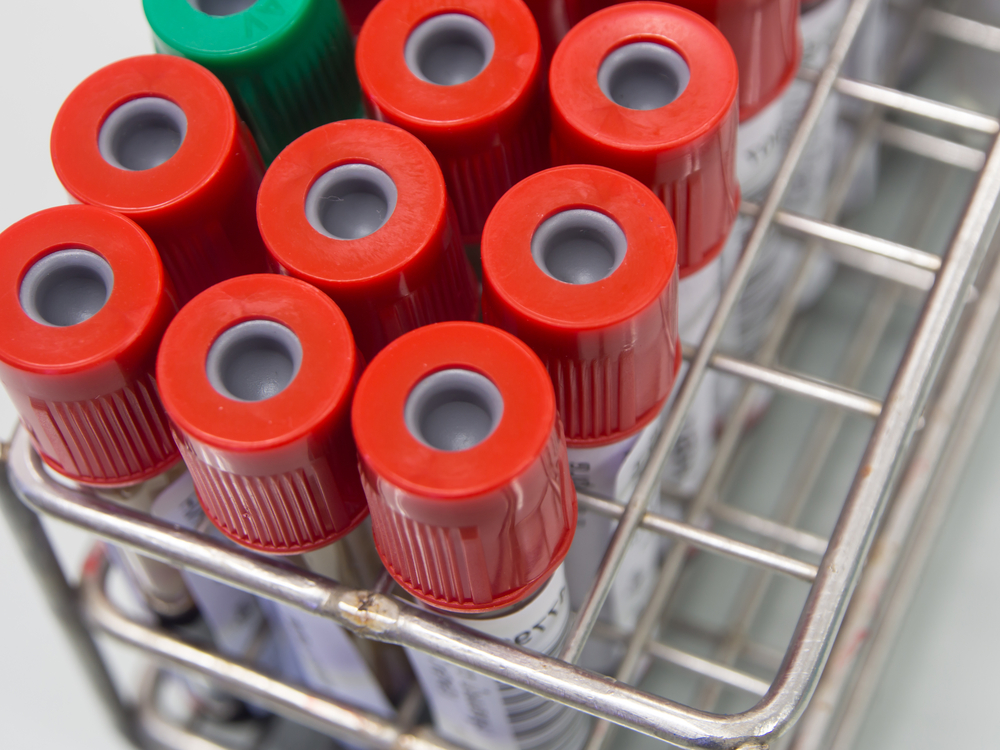The biosimilar market is emerging and biosimilar antibodies are now being developed in order to address treatment to conditions that are being treated by their original and biological therapy. There are very few biosimilars that have received approval from the EMA, and only has one received approval from the FDA. In a review article, scientists used the clinical advancements concerning data from a biosimilar drug to explore the benefits and risks of these cost-effective treatment options that remain unfamiliar to the public. The article is focused on the first biosimilar monoclonal antibody approved in Europe and was published in Immunotherapy, a peer-reviewed online title.
“While there is growing interest in biosimilars and their potential to reduce the cost of treatment for a number of debilitating diseases, clinicians and patients alike still have some questions,” said Henry Ireland who is the Drug Evaluations Commissioning Editor for the Immunotherapy journal. He added: “Using a detailed background on the clinical development of the first EMA approved biosimilar monoclonal antibody, this article creates a useful framework for consideration of these new drug options.”
Patents for a considerable number of targeted biological therapies that changed the way immune-mediated inflammatory are treated are beginning to expire, and biosimilars have been advanced hoping they will offer similar performance with much lower prices. The EMA recently approved the first biosimilar monoclonal antibody CT-P13, which is a version of infliximab (marketed as Remicade®) developed to address rheumatoid arthritis.
Researchers are exploring the advancement of available clinical data concerning CT-P13 to try to answer some questions about biosimilarity, extrapolation of its indications, switchability from a reference drug to the biosimilar and immunogenicity, and if there are differences in the anti-drug antibody response between a biosimilar and its reference drug?
“Our review addressed these questions with respect to CT-P13. The drug is almost identical, and the EMA has accepted extrapolation for other conditions based on studies in Rheumatoid Arthritis and ankylosing spondylitis. The immunogenicity is considerable but the same as for infliximab. Finally, there are some encouraging data on switchability, but more real world data are needed,” noted Jürgen Braun, the lead author.
Read More News About Biosimilars
Samsung Bioepis Co., Ltd., has recently announced its submission to the European Medicines Agency (EMA) concerning the Marketing Authorization Application (MAA) for SB2, a biosimilar candidate for Remicade (Infliximab). This is the second MAA for biosimilar candidates that Samsung Bioepis has submitted to the EMA that could represent a major advance in addressing rheumatoid arthritis(RA).


